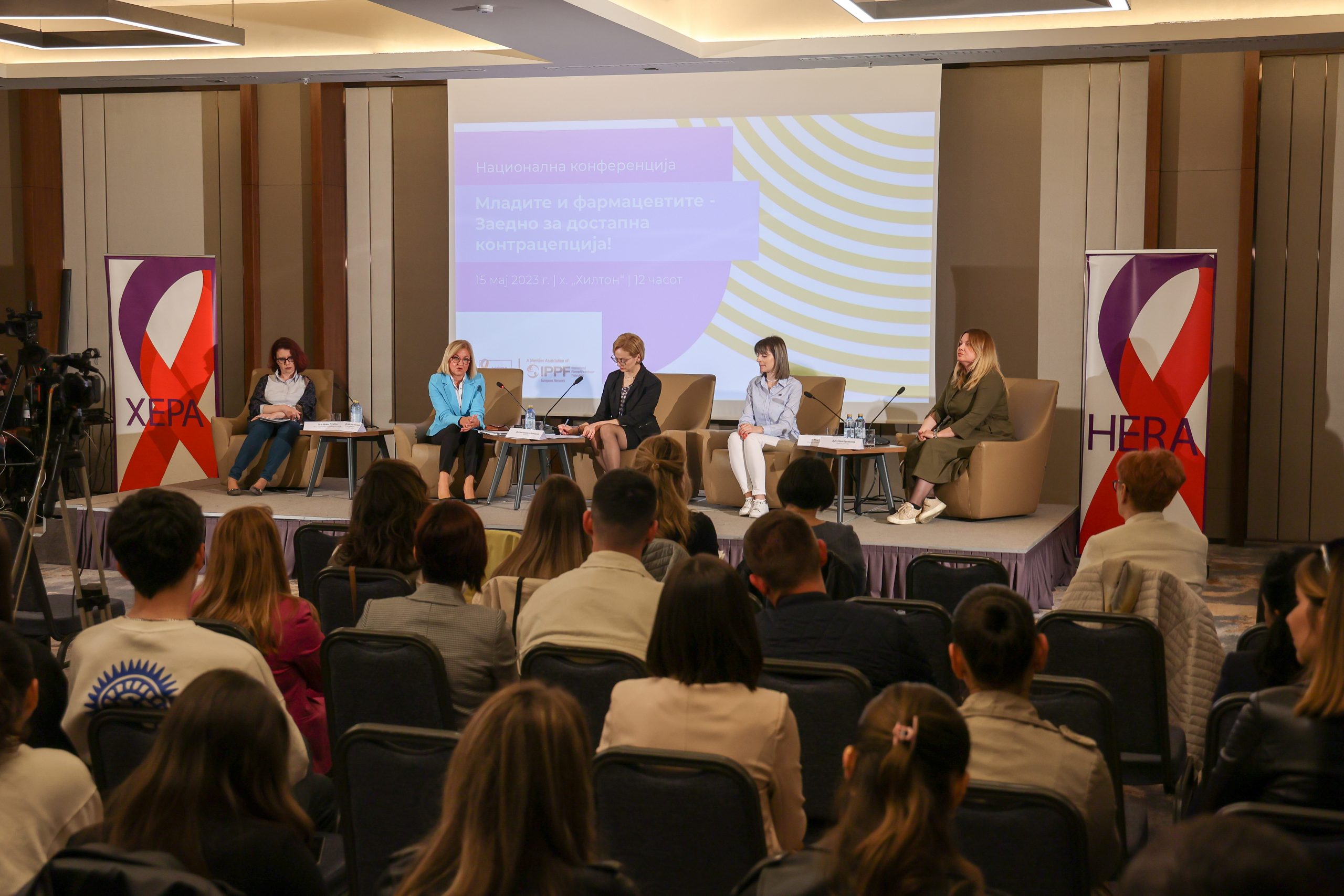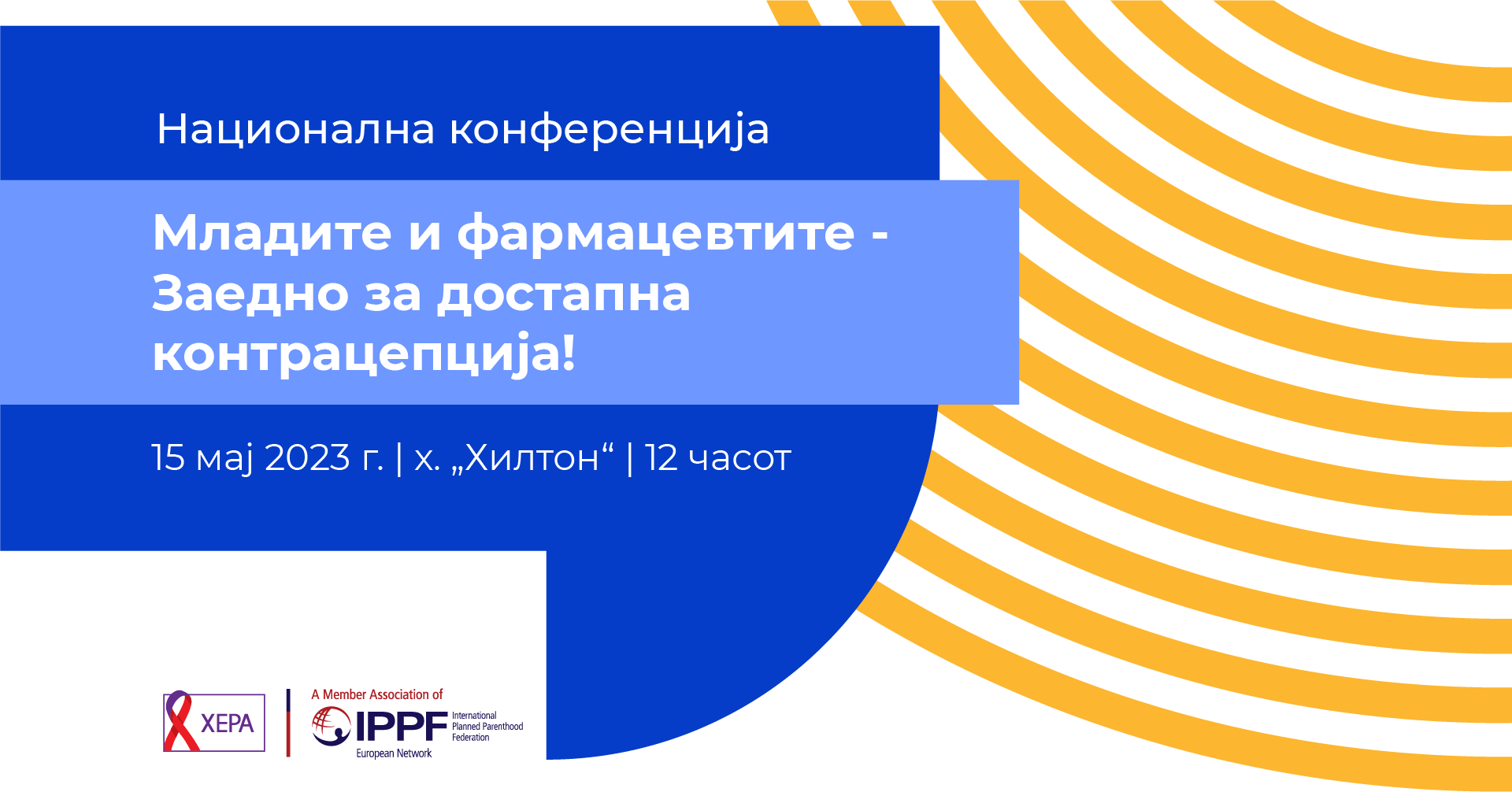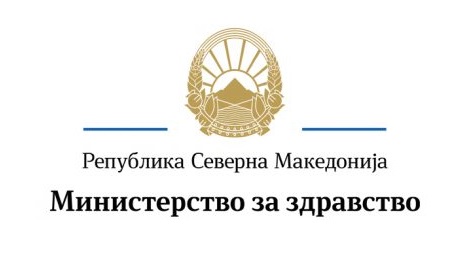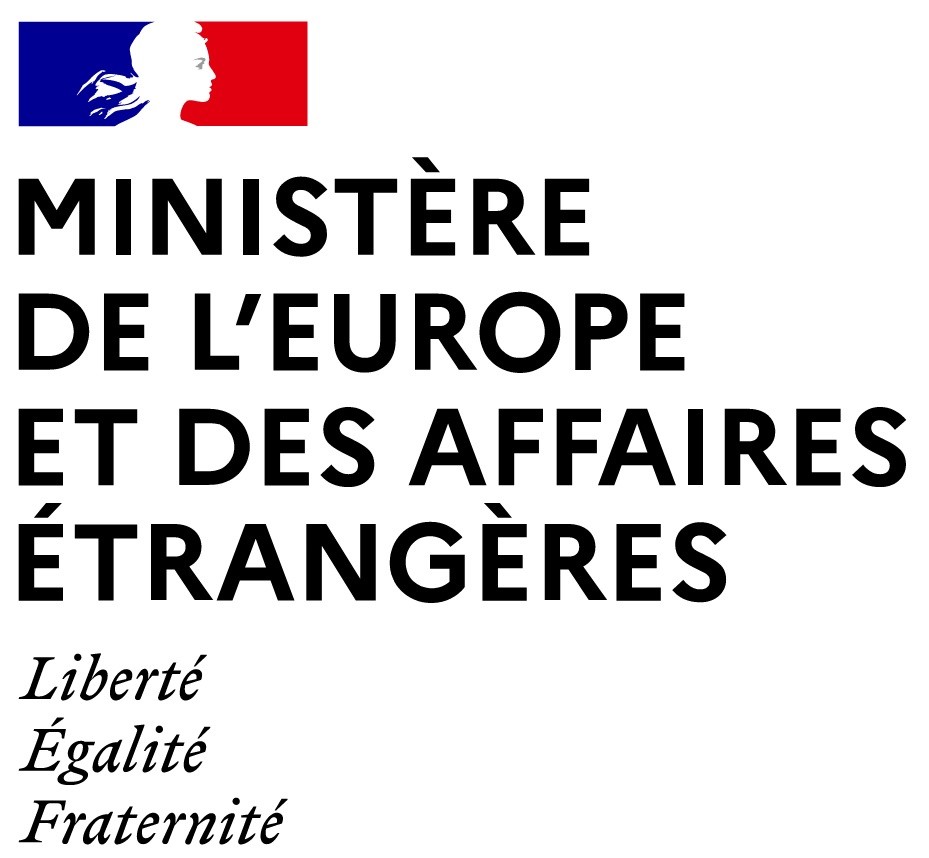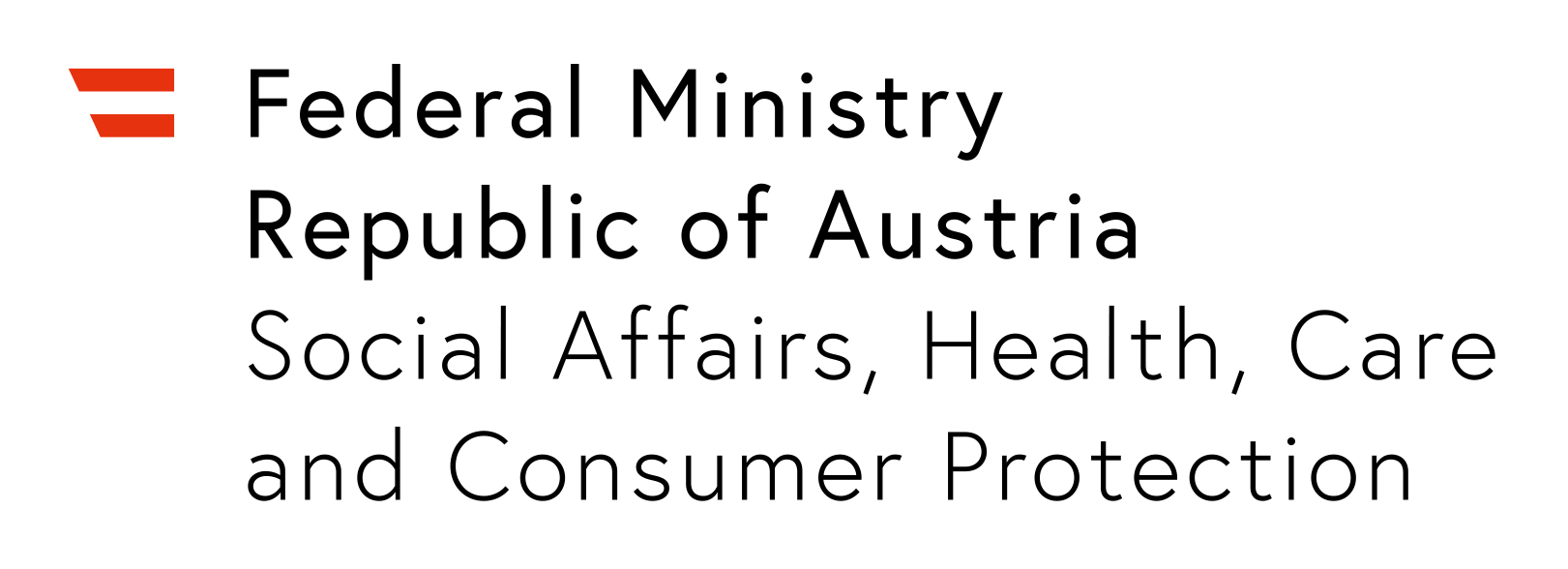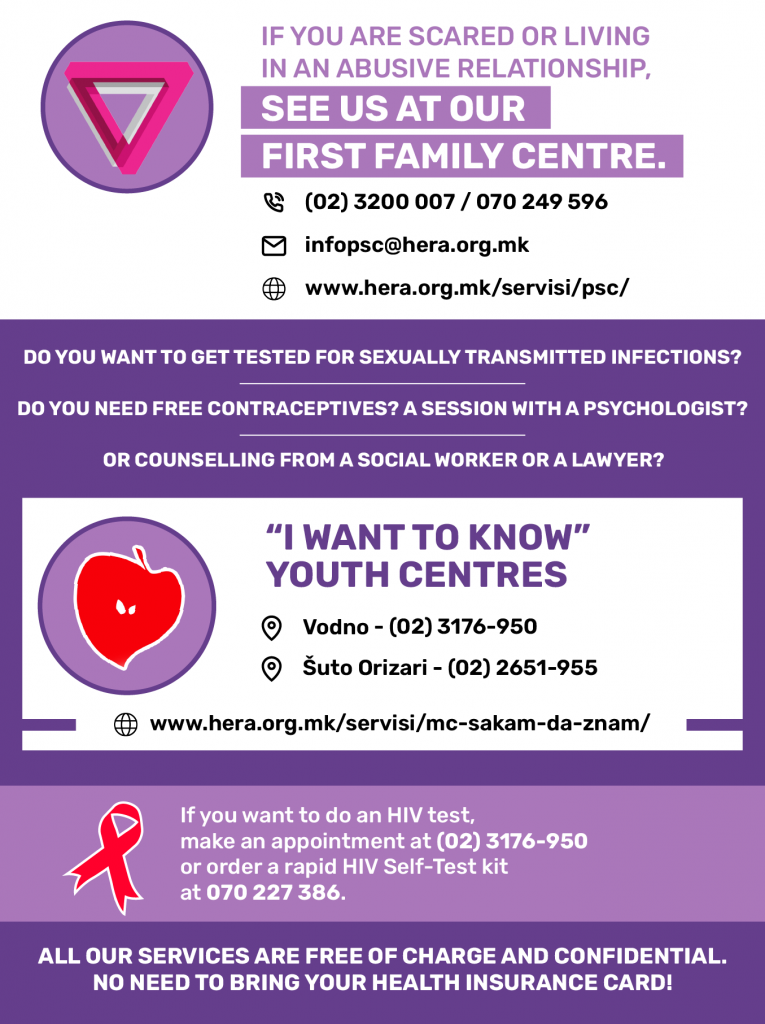17 May 2023 – Although the country has seen an increase in the use of contraceptives from 9.8% in 2005 to 14% in 2020, almost 10% of this involves the use of condoms. The other contraceptives, such as pills or IUDs, are still used way too little. It is concerning that more than 35% of the young people are still relying on the withdrawal as a traditional method for preventing the unintended pregnancy. On the other hand, pharmacists are often the frontline health professionals from whom young people seek sexual and reproductive health information and services, especially in crises situations. This is exactly why HERA offered a platform for dialogue between the young people and the pharmacists as part of the national conference “Young People and Pharmacists – Together for Accessible Contraception”.
“We have systemic issues, but we have no systemic solutions! It is up to the mercy and the good will of certain individuals and organisations to implement prevention and education actions among the people, and during the COVID-19 pandemic, the problems we were facing since long ago have only become more pronounced. There are young people who cannot afford the contraceptives, so the only way to protect themselves from unintended pregnancy and sexually transmitted infections is to rely on the non-governmental sector, which provides the contraceptives on-site”, was pointed out by Marija Ǵorǵievska, a HERA volunteer.
On the other hand, Martina Pavlović, another volunteer, emphasised how necessary it is to introduce the comprehensive sexuality education. “In recent years we have faced epidemics of some of the sexually transmitted infections which were believed to no longer exist. Only the young people who are aware and educated will be able to discern what is right for them, what their rights are and how to improve and enjoy their rights”.
“The high prices on the market, the unemployment and the low level of information of young people about the type and the methods of using contraceptives are the most frequent barriers faced by the young people. The most important piece of advice pharmacists can give them is to consult with the primary care general gynaecologist”, was underlined by Vesna Stavrova, President of the Pharmaceutical Chamber. In her opinion, it is very important for the Ministry of Health to involve the pharmacists in their preventive programmes because pharmacists are “the most available health professionals, meaning that not only the citizens, but the healthcare system as a whole would benefit from it”.
That there exist “hormonophobia” and lack of information in our society, and consequently low level of use of contraception, was informed by the gynaecologist Tatjana Guržanova. Hormonal contraception, she said, has existed since 1960, and in the meantime completely safe preparations have been developed, whose negative effects have been reduced to the minimum. “The young people would sooner visit a pharmacy than see a general practitioners or gynaecologist, which is why education is important for pharmacists, too. To be able to give the right recommendations, pharmacists should ask the right questions. Unintended pregnancy has many more negative health effects than contraception – both social and psychological – which are not short-lived and are not reversible. Also, it has always been recommended that the pharmacists should advise the young people to use barrier contraceptives to prevent infection”.
Irina Lučeska from the Health Insurance Fund said that the Positive List of Medicines has not been expanded for 13 full years and that it does not include any contraceptives. “Because of this, Macedonia has been criticised by the global development agencies, probably rightly so. However, from March onwards, when the new Rulebook was adopted, every manufacturer can apply with the Ministry of Health and engage in the procedure of adding a contraceptive onto the Positive List. If pharmacists become a part of the system of providing counselling and information on the use of contraceptives, the situation in the country will surely improve”.
Biljana Božinovska, a pharmacists and the owner of the “DNA Anni Farm” pharmacy, pointed out that pharmacies are an important link in transferring correct information to the young people, and to their parents, too. “By using the advertising policy, pharmacies can contribute in the fight against stigma and prejudices around sexual and reproductive health. On the other hand, in the pharmacy itself, every pharmacist should show empathy towards the young person and be able to ask the right questions related to contraception”.
“Our legislation imposes no restrictions on the use of contraceptives by young people, except for parents’ consent in the case of minors and persons with disabilities:, was underlined by Sanja Sazdova, State Adviser in the Ministry of Health. “We are expecting the adoption of the Youth Strategy, following which we will prepare an Action Plan that will also include activities for sexual and reproductive health of young people, including access to modern contraceptives. Together we can work on accomplishing the objective and introduce one contraceptive on the Positive List of Medicines”.

